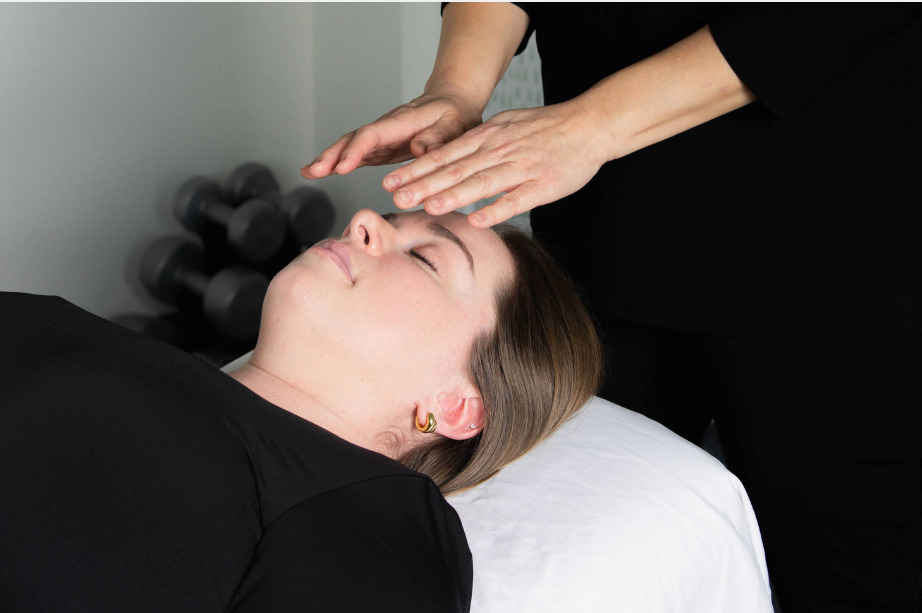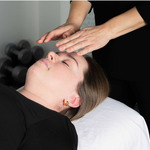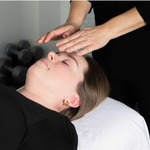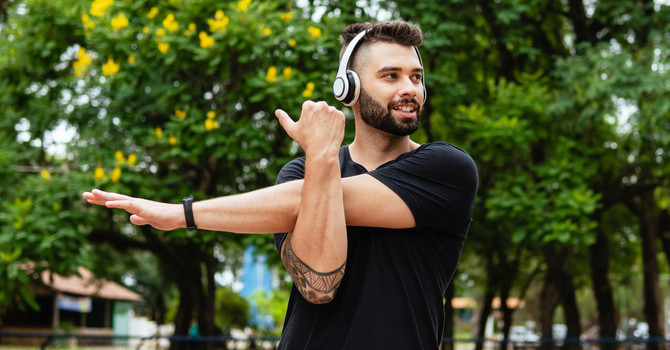What is Reiki?
Reiki is an ancient form of energy healing that originated in Japan. It is based on the belief that a "universal life force energy" exists that can be used to support the body’s natural healing abilities and promote wellbeing on a physical, mental, emotional and spiritual level.
How Does Reiki Work?
A Reiki Practitioner channels the universal life force energy through their hands to the recipient.
How is a Reiki Session Conducted?
- Introduction: The Practitioner will ask the client about their reasons for seeking Reiki, and their specific health concerns or goals.
- Positioning: The client will lie down on a massage table, fully clothed.
- Energy Transfer: The Practitioner will place their hands lightly on or above the client's body, moving from head to toe focusing on specific areas of concern.
- Close: Once the energy transfer is complete, the Practitioner will provide any feedback or insights based on the session and answer questions.
What Will I Feel During a Reiki Session?
Everyone's experience with Reiki is unique. Some common experiences reported by clients are:
- Physical sensations of warmth, coolness, tingling, lightness or heaviness
- Deep relaxation, calm or peace.
- Reduced pain and tension.
- Release of stored emotions.
Why Don’t I Feel Anything During of After a Session?
Reiki sensations can be very subtle and may be overlooked. With continued treatments, you may notice energy shifts. Reiki works on all levels and if there isn't a physical sensation, the energy could be working on a deep emotional or spiritual level.
Can Reiki Help with Specific Health Conditions or Emotional Issues?
Many people have positive effects on their physical, emotional, and mental wellbeing after receiving Reiki sessions. Some benefits of Reiki include stress reduction, relaxation, pain relief, improved sleep and a sense of overall wellbeing. Reiki promotes the flow of energy within the body and balancing the body's energy centres. This can help to alleviate blockages and imbalances that may contribute to physical or emotional issues.
Is Reiki Religious?
While Reiki is spiritual in nature and has roots in Japanese spiritual practices and concepts, it is not tied to any specific religion or belief system. It is practiced independently as a form of holistic healing.
Do You Need to Believe in Reiki for it to Work?
The effectiveness of Reiki does not depend on your belief in it. While having an open mind and positive intention can enhance the experience, Reiki can still have beneficial effects even if you are skeptical or unsure about it. The energy flows regardless of belief.
Is Reiki Safe and Suitable for Everyone?
Reiki is a non-invasive and gentle form of energy healing and Reiki is considered to be safe and suitable for most people.
Some considerations to keep in mind:
- Reiki can be used in conjunction with conventional medical care and other therapies.
- Individual experiences can vary and some individuals may experience more noticeable benefits than others.
- Individuals more sensitive to energy work may experience strong sensations during a session.
Does a Reiki Practitioner Use Their Own Energy?
A Practitioner does not use their personal energy. They act as a conduit channeling the abundant universal life force energy to the recipient.
What Qualifications does a Registered Reiki Practitioner Have?
A Reiki Practitioner registered with the Canadian Reiki Association has met training standards and adheres to the Professional Code of Conduct and Code of Ethics.







